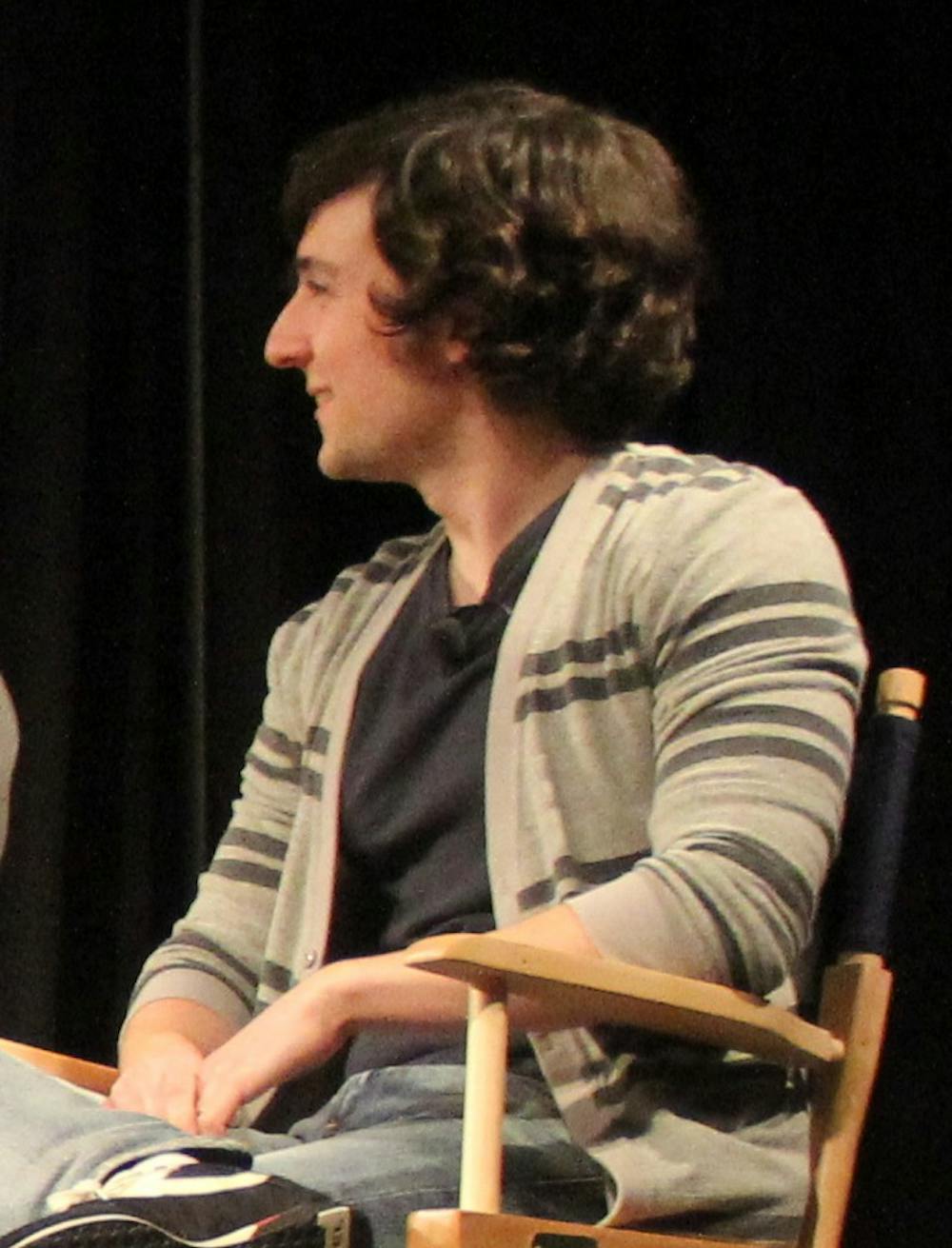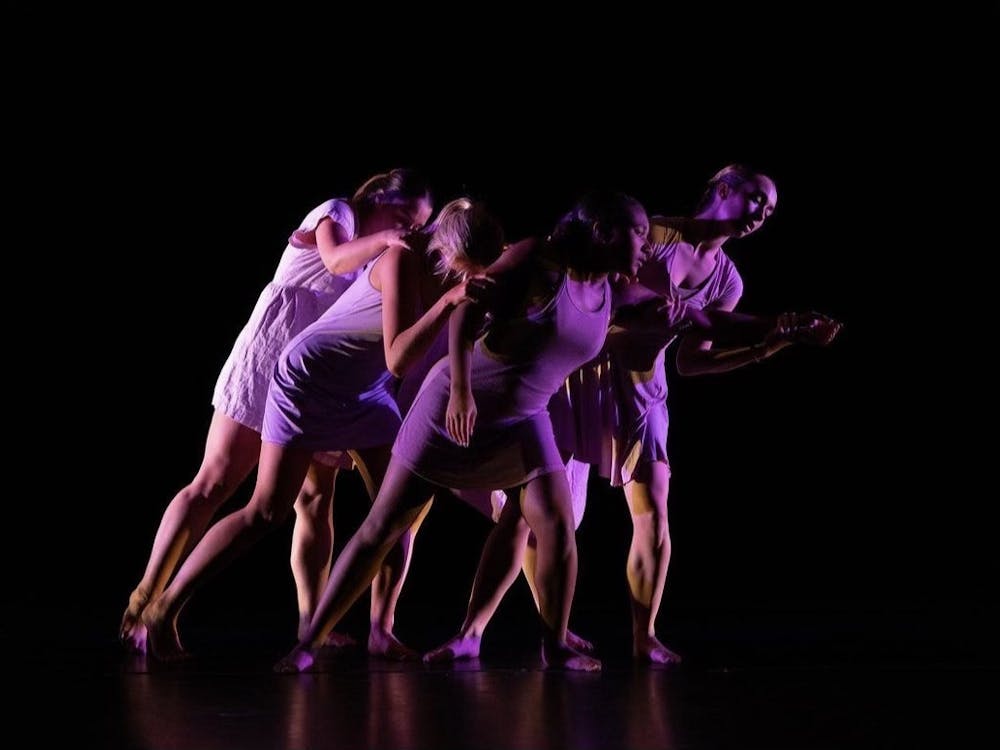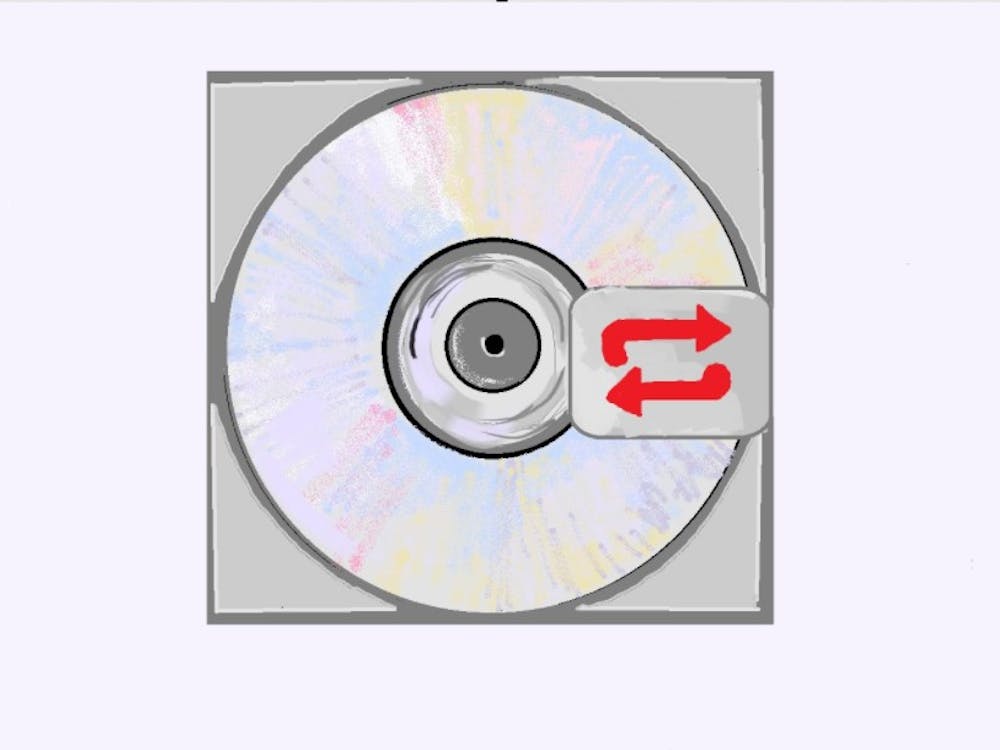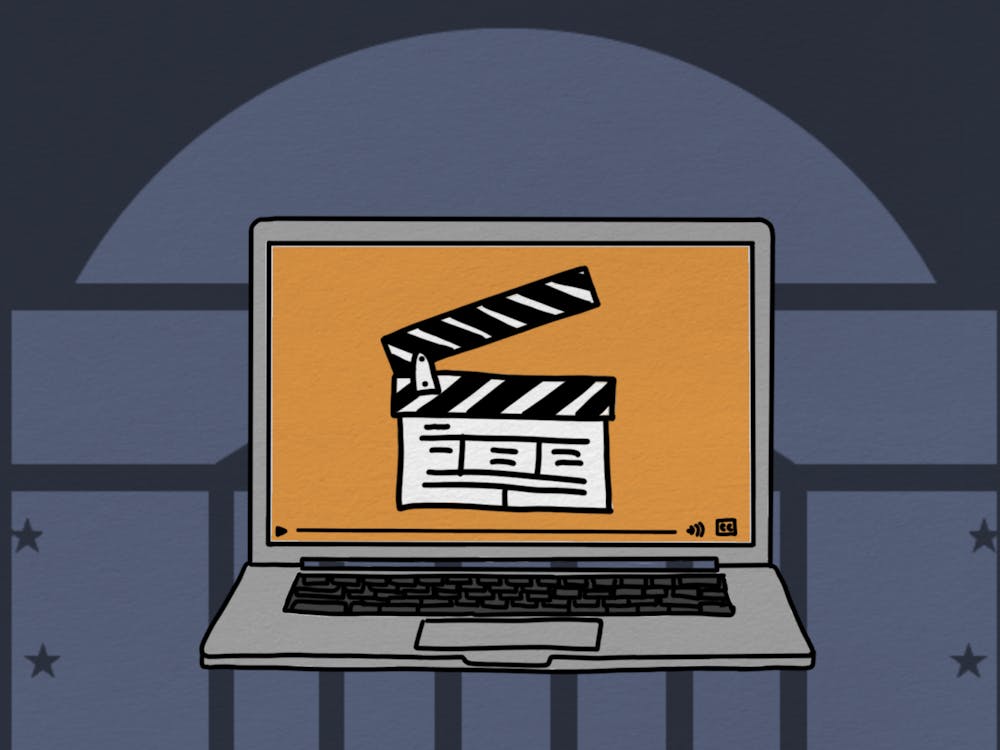Josh Brener plays the unassuming yet hilarious Nelson “Big Head” Bighetti on HBO’s hit comedy "Silicon Valley." Yesterday, The Cavalier Daily sat down with Brener via videoconference and picked the actor’s brain about everything from improvisation to "The Big Bang Theory" to Big Head’s famous cannonballs from Season 3.
Arts and Entertainment: "Silicon Valley" feels like a show that ... it’s very much loose but also tight at the same time just as far as the dialogue goes ... How much do you guys improvise? How much of that improvisation makes it into the final product? Are you encouraged to do that? Who’s the best at that?
Josh Brener: That is very astute, because we are lucky to have — I think — the most brilliant writers in comedy. The scripts that we’re working from are unbelievably smart and unbelievably funny, absolutely intricately structured and designed. Having said that, T.J. Miller and Thomas Middleditch and Kumail Nanjiani and Zach Woods especially are genius-level comedians and improvisers ... When you have that, you sometimes want to take advantage of it. So I know at times Alec Berg, who is one of our showrunners along with Mike Judge, when they’re writing a scene [they] will sort of focus on the story and structure aspects of it and say don’t worry about the comedy … The actors will take care of the comedy.
You know, when you’ve got [the cast] sort of in the right mood, stuff will come up that is unbelievably hilarious. And also a lot of stuff will come up that is too insane or too gross or too offensive or too weird — mostly weird — to make it into the show. So our editors have their hands full in that respect.
I would say though, the majority of what you’re seeing is what the writers have done. And then the way that stuff is delivered, with jokes added in, with little asides, with ... A run that might go on a little bit longer than it did in the script — there’s definitely a lot of that. But, I do feel like you have to give most of the credit to the writers because they put together unbelievably funny and well thought out episodes. I would say that the improv from our group is a little bit of icing on a very delicious cake.
A&E: "Silicon Valley," despite its often zany sense of humor, still manages to feel very authentic to its subject matter. To what degree is realism a point of emphasis in the creation of the show and how does that manifest itself in the writing process?
JB: Authenticity is one of the most important things to Mike Judge and Alec Berg. The show is unbelievably well-researched. They spend time up in the bay area every year talking to CEOs and startup people and regular coders, mining them for stories. We have a huge team of tech consultants who are real professionals working ... In and around "Silicon Valley." Everything you see is 100 percent real. The code that streams on computers is real. The attention to detail is incredible.
For Mike Judge, I know that’s a big part of it. Always with his work its incredibly nuanced and detailed and focused on really getting into the vernacular of people and the behavior of people ... Anything that brings faults or feels jokey or feels too broad — they will put a stop to it because they want it to feel just right. And I think in their opinion not only is being real as funny as the sort of goofy things you could make up, but it’s funnier, because it’s coming from real people and their real, strange, eccentricities.
A&E: The realism is especially notable compared to other mainstream portrayals of “nerd” culture like, for example, "The Big Bang Theory," [which] takes a lot of flak … For being a sort of caricature.
JB: I know that show gets a lot of flak. That being said, I think [they are] are two different genres of television show. "The Big Bang Theory" is a big multi-cam sitcom. It’s like in the vein of, you know, “Friends” or something like that which means ... There’s a laugh track, there’s a live studio audience. It’s a different thing, so it’s appealing to a broad, huge audience. So yeah, their jokes are a little bit surface, they’re sort of playing at nerd culture instead of inhabiting nerd culture, but I just think it’s two different lenses into nerds. I think that "Silicon Valley" is definitely more nuanced, definitely more accurate, definitely more subtle. You know, I think some of the things they do on "The Big Bang Theory" obviously appeal to a lot of people and are funny in their own right, even though they may be more like caricatures than what Mike Judge does, which is more subtle.
A&E: Do you still have the cannonballs?
JB: I don’t know where the cannonballs are! I need to research that, I need to find out where the cannonballs are. I was in a store recently, at like an antique store, and there were live cannonballs. I was like, “Do I need to buy those? No, that would be crazy.”
The fourth season of "Silicon Valley" is currently airing on HBO.





